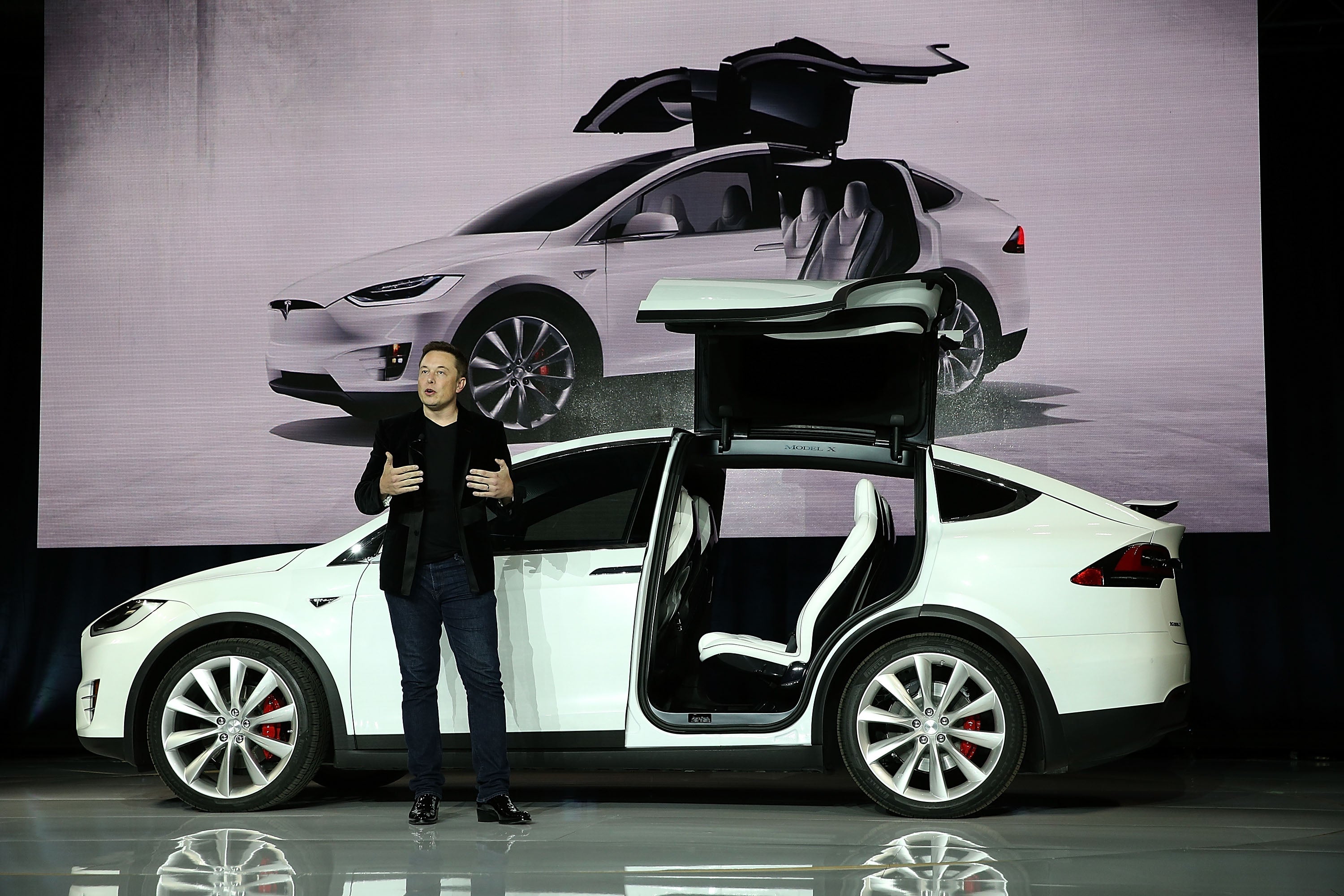Tesla is surviving global chip shortage by rewriting vehicle software, says Elon Musk
Company said it could use substitute chips with their software reprogrammed within weeks

Tesla logged a $1.1 billion profit in the second quarter of 2021 despite the global semiconductor shortage partly thanks to its efforts to rewrite the software code of processors in its electric vehicles, the company noted on Monday.
The global semiconductor shortage caused by a concoction of different factors, including the Covid pandemic and trade-war between US and China, have led to several automobile factories such as Jaguar Land Rover to shut down factories, and others like Renault and Honda to experience production delays.
However, Tesla has maintained high levels of production, delivering close to 200,000 vehicles within the last three months, the company said in its latest quarterly report.
“In the second quarter of 2021, we broke new and notable records. We produced and delivered over 200,000 vehicles, achieved an operating margin of 11.0% and exceeded $1B of GAAP net income for the first time in our history,” Tesla noted, adding that it generated a revenue of $11.9 billion in the quarter with $1.1 billion profit.
Tesla’s electric vehicles use a wide range of semiconductor chips to power its different modules, including its seat belts and airbags.
The company said it used alternative chips, with its software team reprogramming them within weeks to maintain high levels of production.
“Our electrical and firmware engineering teams remain hard at work designing, developing and validating 19 new variants of controllers in response to ongoing semiconductor shortages,” the company noted in its quarterly report.
“We were able to substitute alternative chips, and then write the firmware in a matter of weeks. It’s not just a matter of swapping out a chip; you also have to rewrite the software,” Musk was quoted saying by The Verge.
Despite supply chain challenges and global shortage of semiconductors, the company said its software team could help keep production running “as close to full capacity as possible.”
“With global vehicle demand at record levels, component supply will have a strong influence on the rate of our delivery growth for the rest of this year,” Tesla noted.
Join our commenting forum
Join thought-provoking conversations, follow other Independent readers and see their replies
Comments
Bookmark popover
Removed from bookmarks